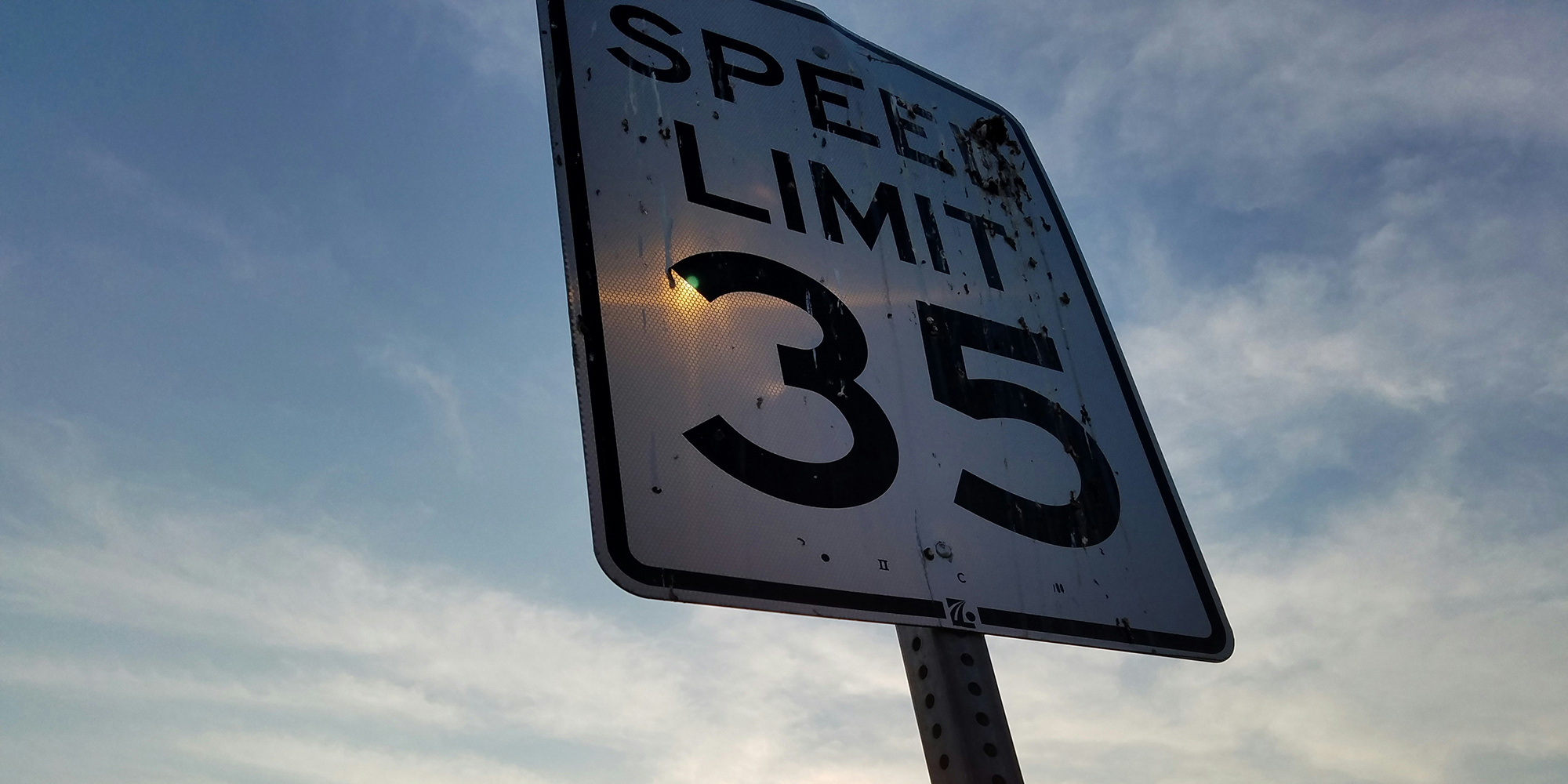The Sparrow Case Affirms Constitutionally Protected Aboriginal Rights
The 1990 Supreme Court Decision in R. v. Sparrow was the first Supreme Court of Canada decision which applied s. 35 of the Constitution Act, 1982...
2 min read
Bob Joseph June 05, 2014

In this article, we talk about why Aboriginal Stakeholder Engagement is a bad term to have on your business card and what you can do about it. This is a lesson I learned a long time ago while I was at a community meeting with some colleagues, people from other companies, and government.
As I learned, sometimes the Aboriginal Peoples, be they Indian or First Nations, Inuit, or Metis Peoples, choose to meet with many people from many organizations at the same time. Everybody gets a chance to have their issues addressed as was the case in this particular meeting.
It came down to the last company person who presented their issue. The whole meeting had gone off without a hitch save for this last person. It went mostly well for them. The fly in the ointment hadn't been discovered yet but it was about to go sideways upon the exchange of business cards.
At the end of the meeting with this last person a community member politely asked, "would it be possible to get a copy of your business card so I can follow up with you?" to which the company person said, "yes" and then proceeded to hand over a copy of their business card. This is when it got a little bumpy as upon receipt of the business card the community person actually said, "oh no, we're just another stakeholder to you?" My first thought was "so close yet so far."
We cover this in a previous article, Why Aboriginal Engagement isn't Stakeholder Engagement. While a stakeholder can lobby government and do negative media campaigns to try to get you to change your plans, Aboriginal Peoples are different in that they can actually tie your projects up for years in the legal process. Simply put, while others have privileges, Aboriginal peoples have constitutionally protected rights and that's why they get offended.
So what can you do to avoid this situation, especially if Aboriginal Stakeholder Engagement is on your business card?
Here are 3 suggestions for your consideration:
In my workshops when I present this information I usually get a common question and it goes something like this: "Will every community get mad at me if Aboriginal Stakeholder Engagement is on my business card?" The answer is no, not every community. Sometimes they get mad and don't say anything and then just slow down or stop returning your phone calls and letters or taking meetings. Other times and in other communities they just don't pay any attention to it.
In Honouring First Nation Reconciliation - An Effective Example we provide a very respectful, simple example to enact, as a means of showing respect for and appreciation for, working with a community.
Here is another article that includes 6 things not to do in your next community meeting.
Six "Must Don'ts" for an Effective First Nations Engagement Strategy
Get more free hints, tips, suggestions and articles by signing up for our emails. You can unsubscribe anytime. Be sure to tell us your interests so we can send you targeted information.
Featured photo: Unsplash

The 1990 Supreme Court Decision in R. v. Sparrow was the first Supreme Court of Canada decision which applied s. 35 of the Constitution Act, 1982...

In 1982, the Government of Canada patriated the Canadian Constitution, and in so doing, formally entrenched Aboriginal and treaty rights in the...

1 min read
The suicide rate among First Nations people was three times higher than in non-Indigenous populations between 2011 and 2016 in Canada. Among First...